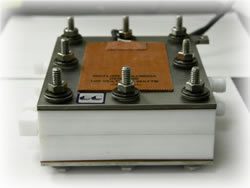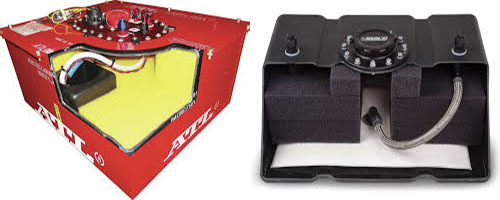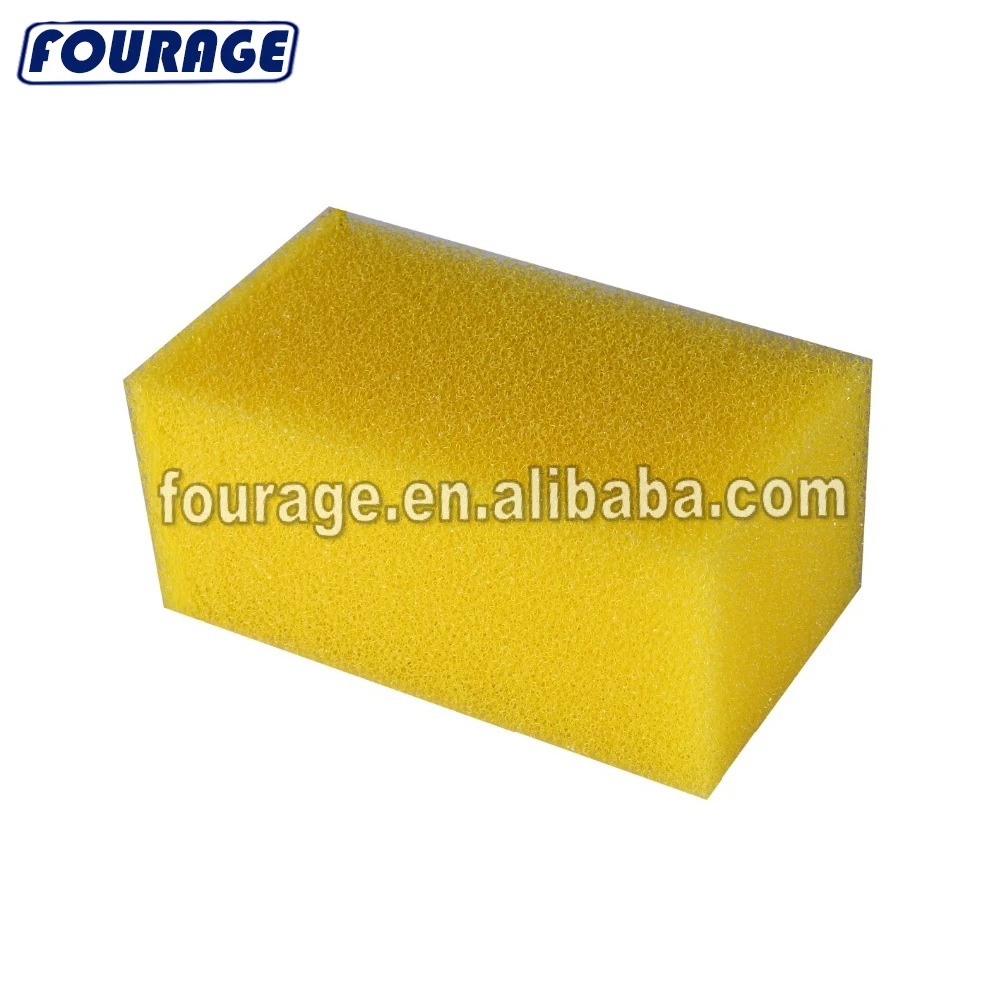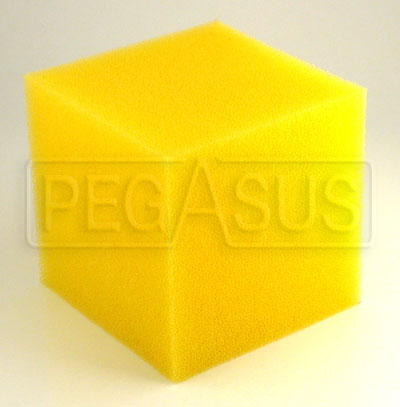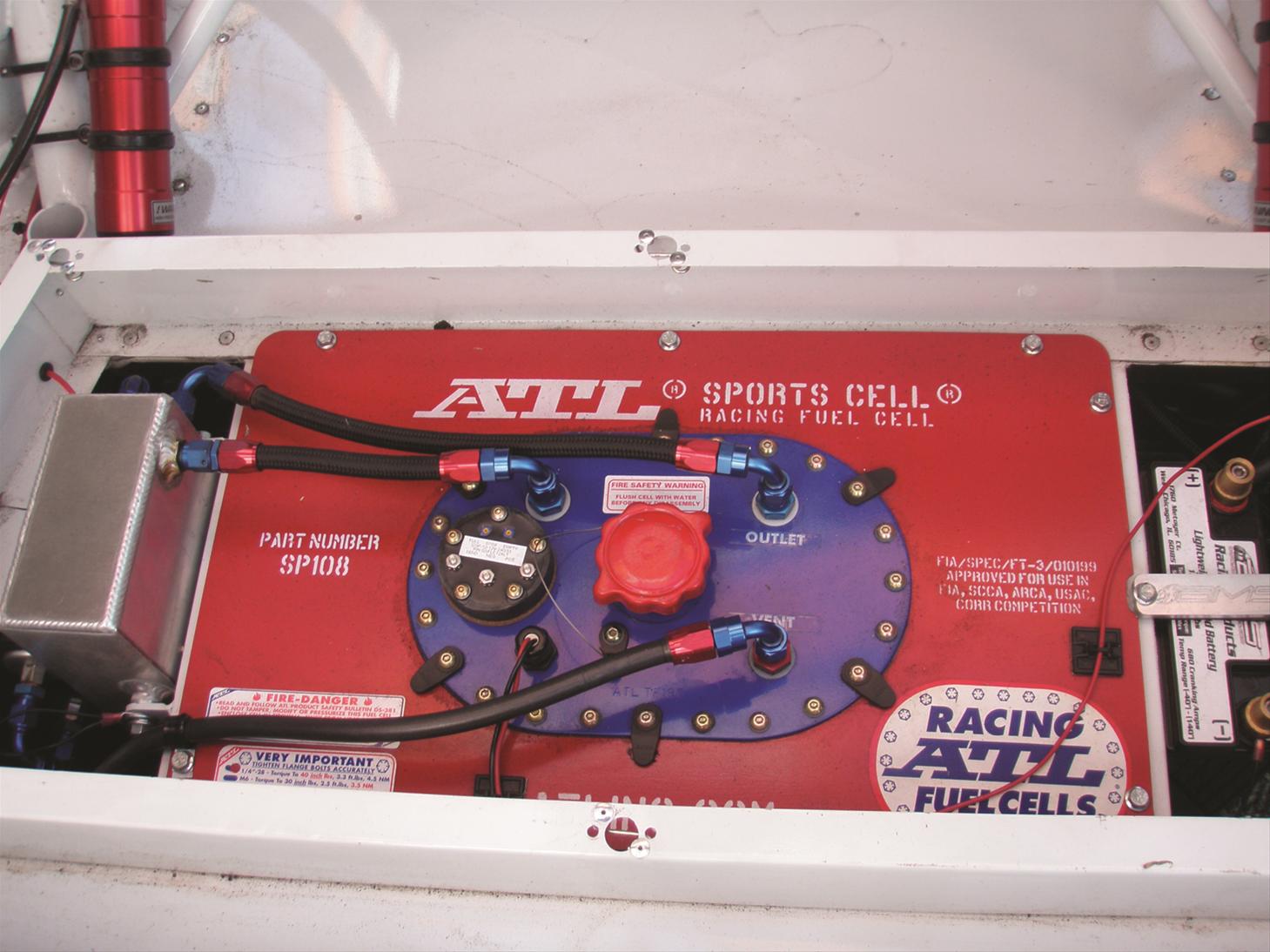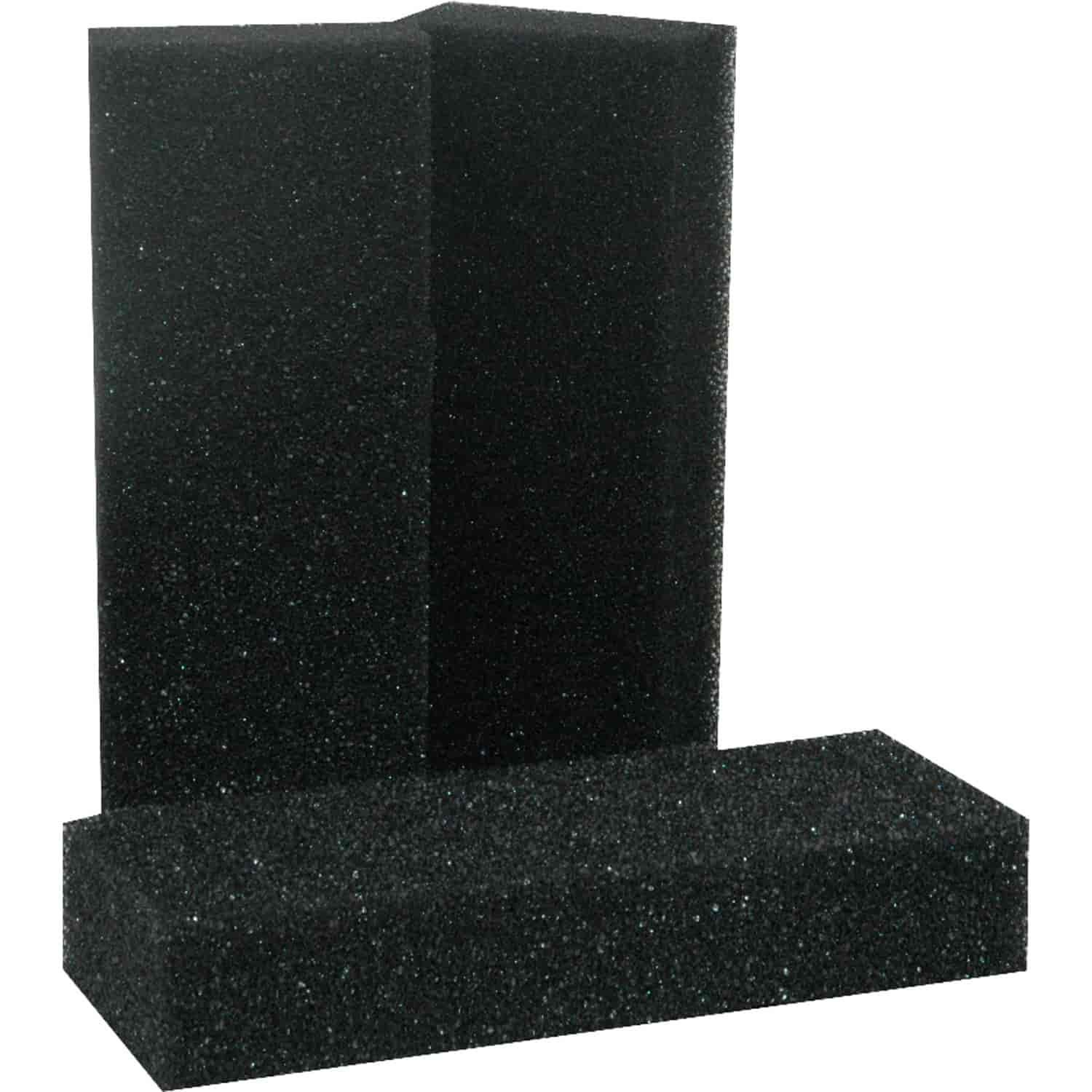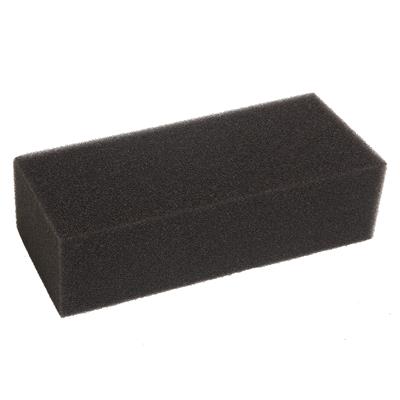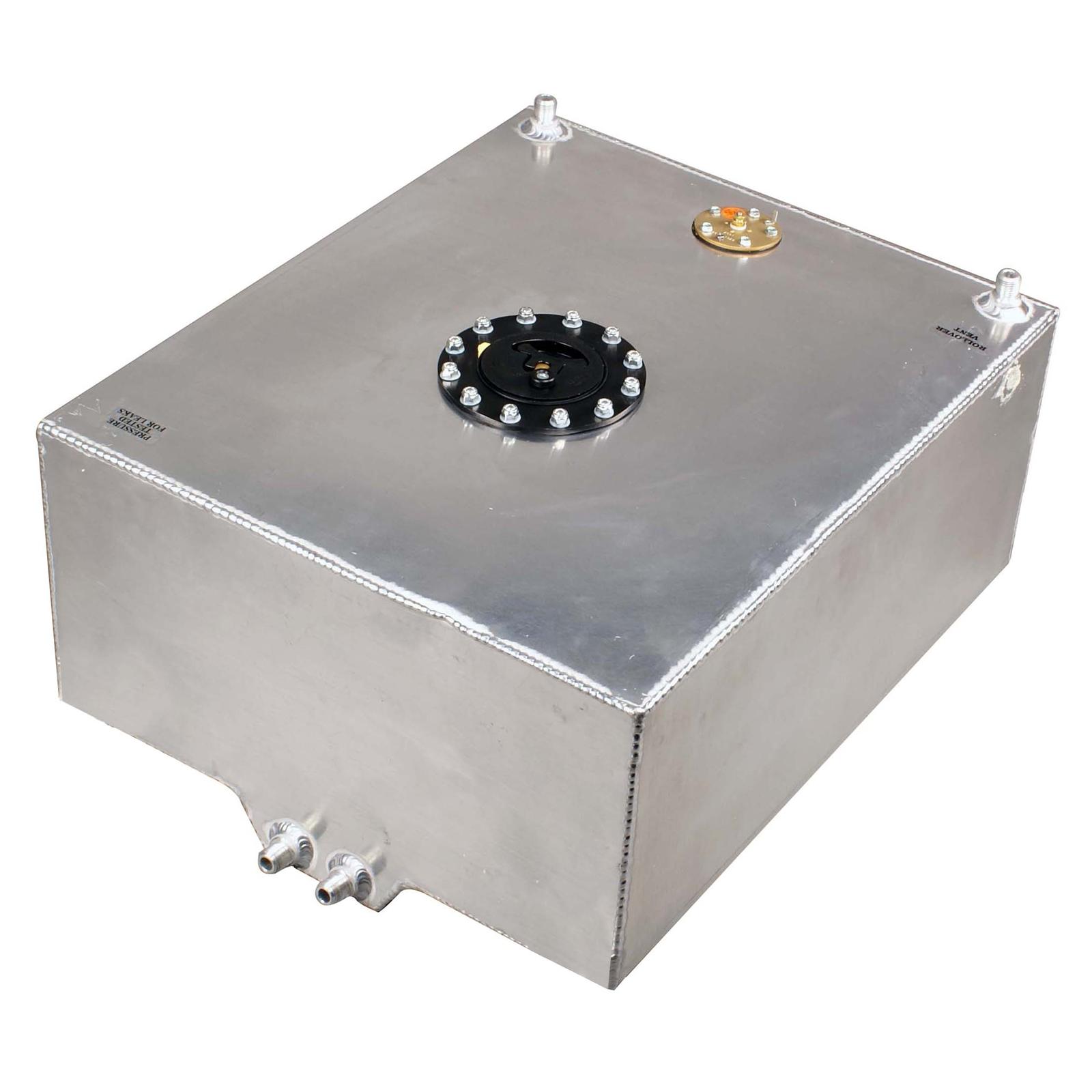Fuel cell replacement foam baffling. If you are having problems with excess foam inside the filters first that it is a quality gasoline as some gasolines have additives that are harmful to the foam and the bladder.
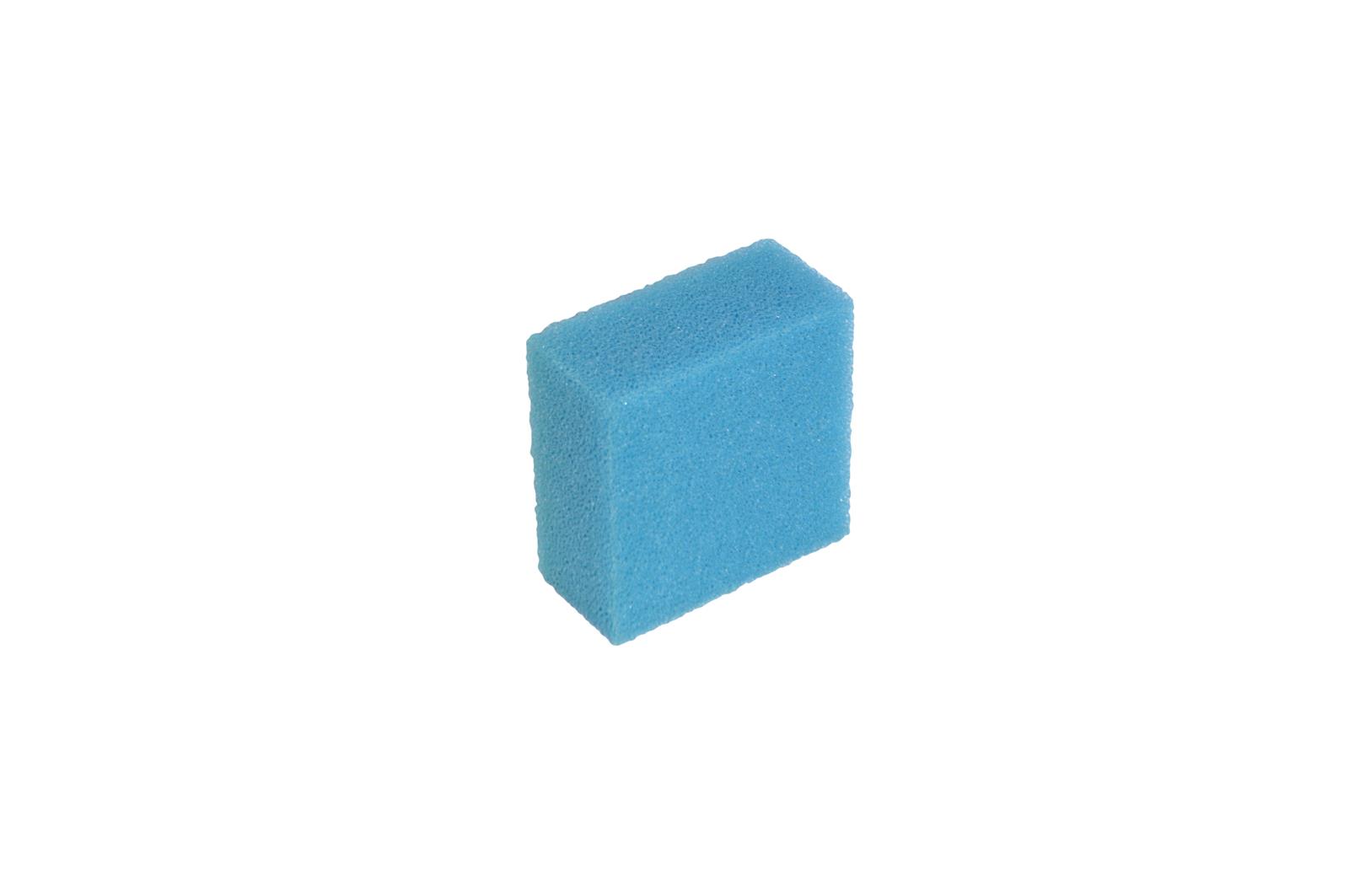
Rjs Fuel Cell Safety Foam 30154
How long does fuel cell foam last. Second it prevents electro static building inside the bladder from igniting and causing an explosion. Wait my brand new fuel cell is only good for 5 years. The bladder contains the fuel but its not just a bag of fuel in a metal case. Foam baffling serves two important purposes in a fuel cell. The most important part of the fuel cell is the item labeled 1 in the picture above the safety foam baffling. Fule safe safety products minimizes flames fuel fires and possible explosion.
Each fuel safe fuel cell can hold specially engineered foam baffling for added protection. Share a link to this answer. First it reduces fuel slosh inside the bladder making for more constant fuel delivery. As shown below a fuel cell is a metal can minimum thickness of 18 gage which is 0047 fitted with a flexible bladder shaped to fit the can. Manufacturers are given the option to inspect and recertify cells before they expire but the recertification is limited to 2 years total maximum lifespan of 7 years. These dual attributes make foam baffling both an important performance and safety feature.
Fuel safe fuel cell foam baffling prevents fuel sloshing which reduces the risk of explosion meeting mil dtl 83054c for baffling foam. Automotive fuel cells are rated only for 5000 hours of use about half of what i consider acceptable. The foam is made from a similar material as the resin bladder so it should last the life of the fuel cell as the two deteriorate at approximately the same rate. But my dadgranddadgreat great great uncle had an old rubber cell from goodyear that lasted forever. The fuel cell in mirai is proton exchange membrane fuel cell and according to this wikipedia article and the fuel cell article there may be some durability problems eg. That same amount of hydrogen in a fuel cell powered car could travel 12 to 24 miles.
In an automobile engine 100 scf of hydrogen would power the car for about 6 to 12 miles.

